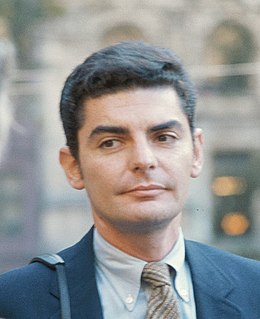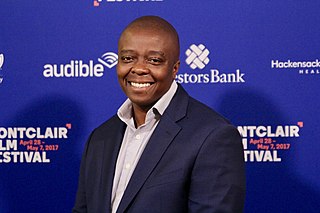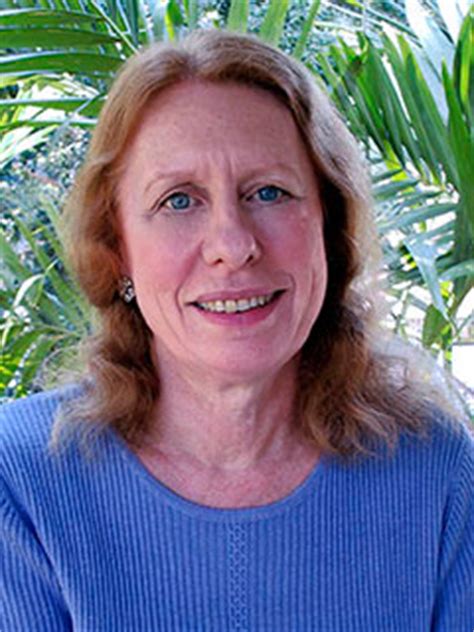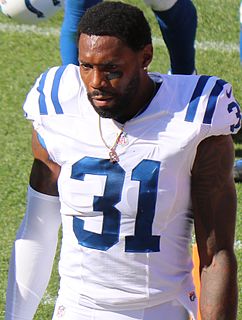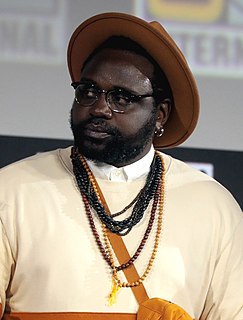A Quote by Richard Benjamin
The reason our country looks the way it does is through social engineering that distinctly benefits suburban communities, exurban communities, and often white residents. And we are socially engineered in such a way as to, often unconsciously and unintentionally, but sometimes intentionally, perpetuate this divisive inequality.
Related Quotes
Girls come to the gang for very different reasons than boys. For boys in marginalized communities, they have a gender problem, and they solve it often through gang membership. They find an ability to do masculinity in a way that reasserts their importance in a society that mostly ignores them. For girls, they're coming out of more damaged backgrounds. Their families are often the reason they get propelled into gang membership.
One of the things we learned from that panel is the way poor communities use a library is very different from wealthy communities. But the way the library books are measured are by how many books are taken out. And people in poor communities sometimes won't take the book out because they're afraid to. They're afraid of losing it and not being able to replace it.
Human beings need community. If there are no communities available for constructive ends, there will be destructive, murderous communities... Only the social sector, that is, the nongovernmental, nonprofit organization, can create what we now need, communities for citizens... What the dawning 21st century needs above all is equally explosive growth of the nonprofit social sector in building communities in the newly dominant social environment, the city.
Until White America can look through the eyes of a Black man, nothing will change. Even we as Black people sometimes don't want to face what's going on within our communities because some of us crossed over into a different tax bracket, but these issues affect the communities that raised us, so it affects us all.
Here's what I learned as a mayor and a governor. The way you make communities safer and the way you make police safer is through community policing. You build the bonds between the community and the police force, build bonds of understanding, and then when people feel comfortable in their communities, that gap between the police and the communities they serve narrows. And when that gap narrows, it's safer for the communities and it's safer for the police.
I think that we need to begin talking about what does it mean to create these safe spaces in our communities, to begin welcoming one another into our homes and into our communities when they're returning home from prison, people who are on the streets. We need to begin doing the work in our own communities of creating the kind of democracy that we would like to see on a larger scale.
I think that's the best thing about being black is that we find a way to make our own communities and always give room for people to pull up to our tables. We always provide a way for other people from different walks of life to come into the communities that we have built because we're so used to being excluded.
